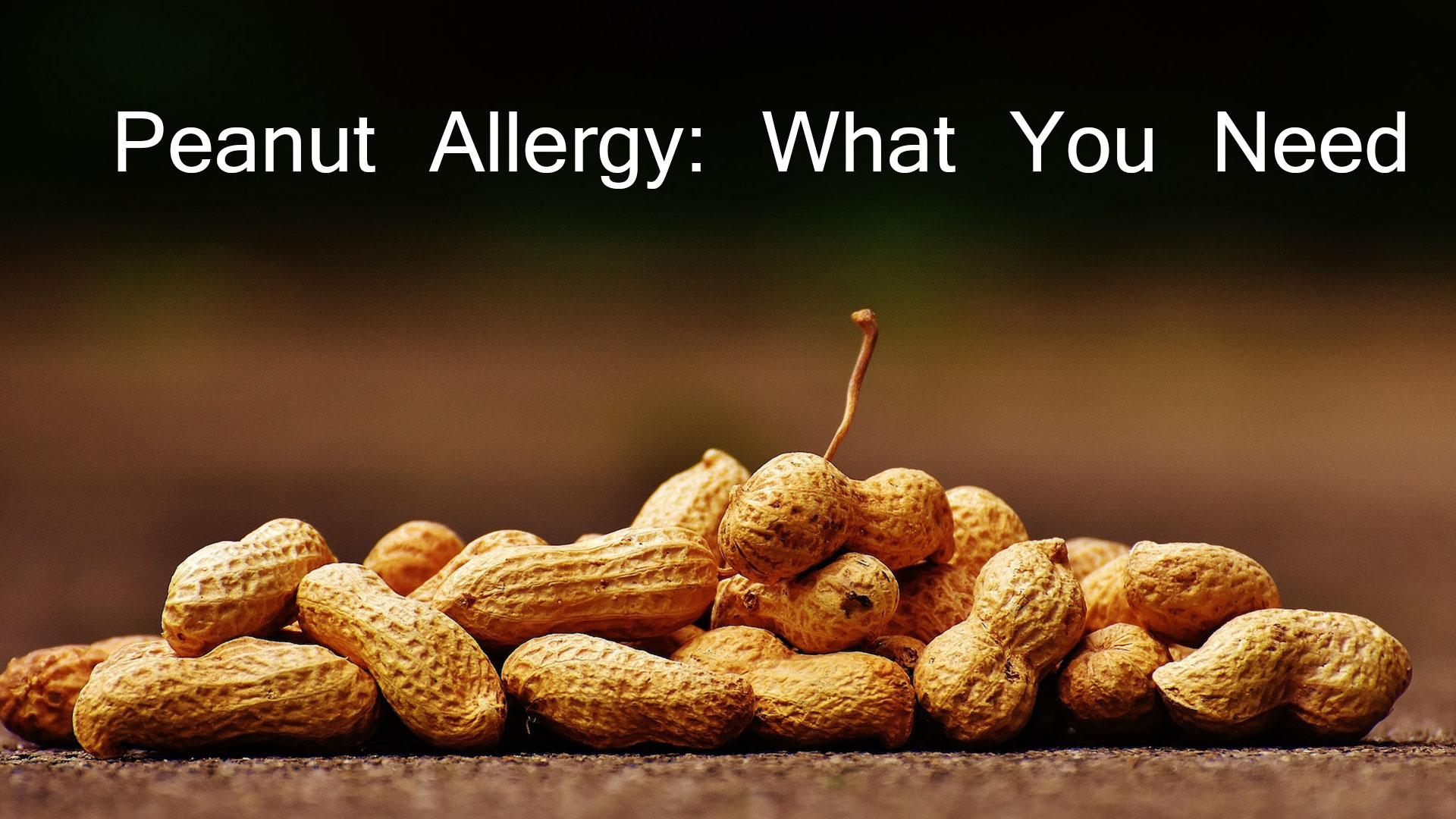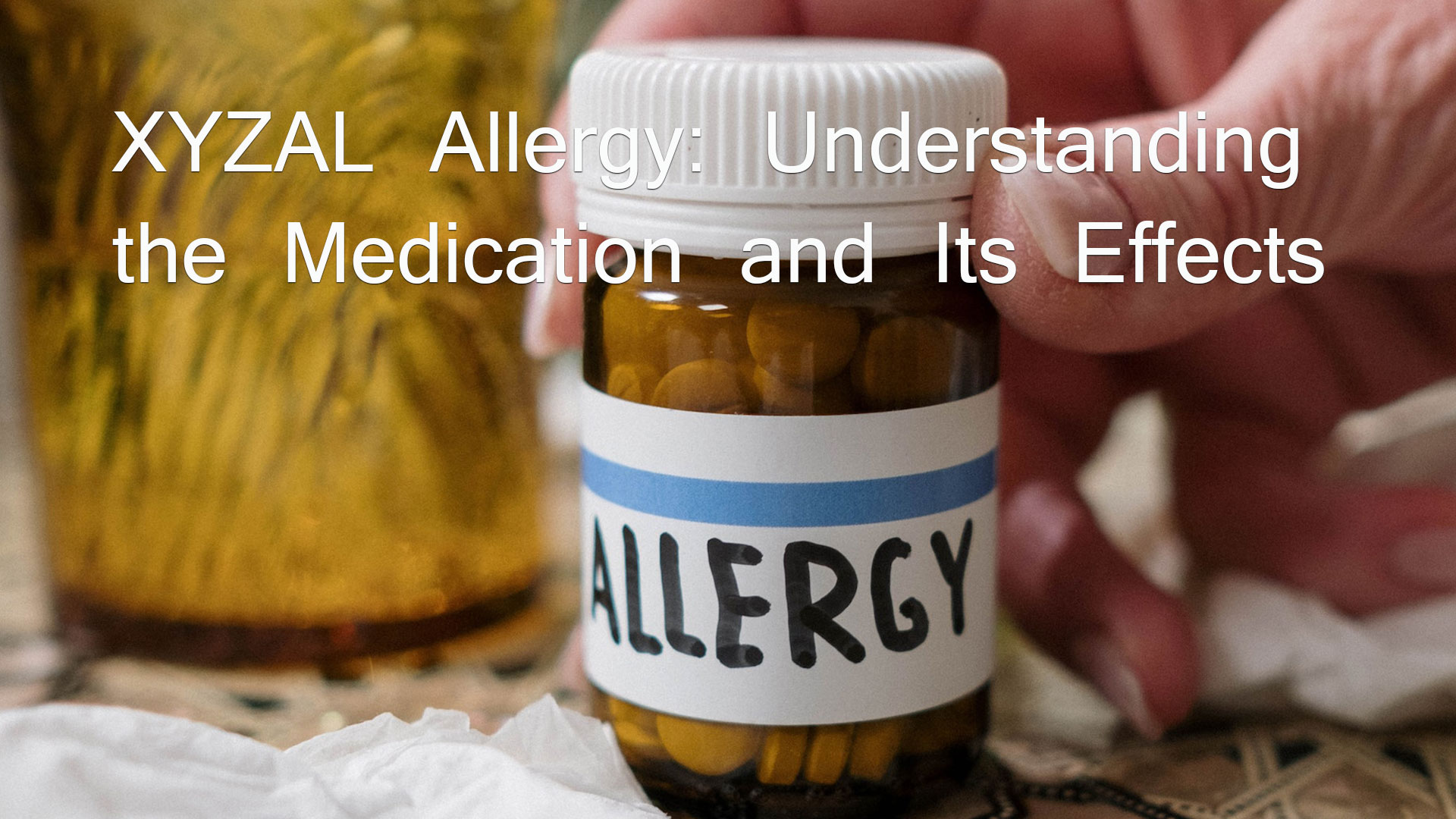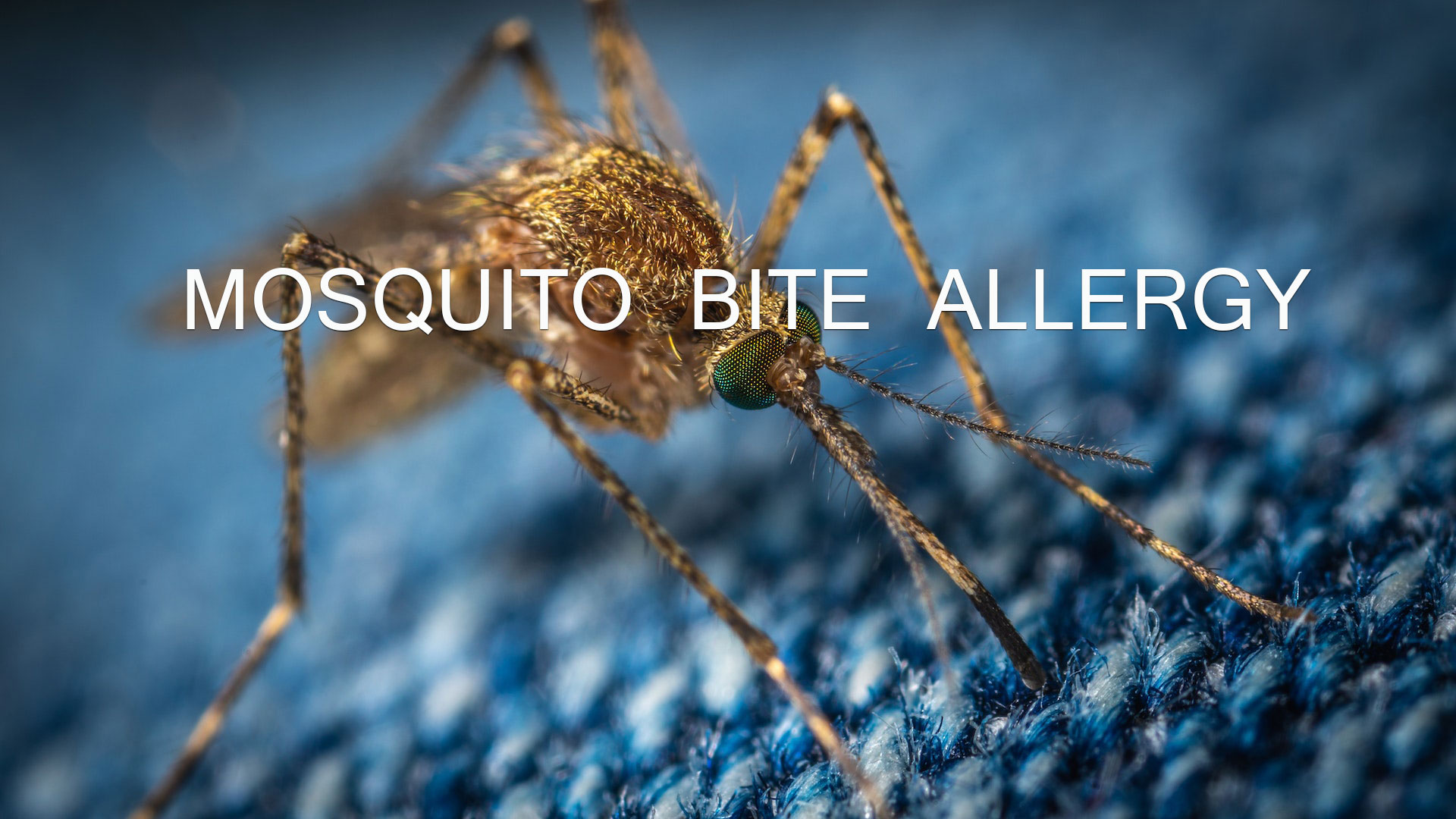Peanut allergy is one of the most common food allergies, affecting millions of people worldwide. While peanuts are a staple in many diets, they can cause severe reactions in individuals with peanut allergies. In this article, we will discuss the symptoms, triggers, and treatments for peanut allergy, as well as the foods to avoid if you have a peanut allergy.

Peanut Allergy Foods to Avoid
It is important to be aware of the common foods that contain peanuts, as well as the ones that may have come into contact with peanuts during production. Some of the most common foods to avoid include:
- Peanut butter
- Peanuts
- Baked goods (cookies, crackers, and cakes)
- Ice cream and frozen desserts
- Candy and chocolate
- Sauces and marinades
- Asian and African dishes
- Processed snacks
Nut Allergy Rash
One of the most common symptoms of peanut allergy is a skin rash, also known as hives. This rash can appear anywhere on the body and is often itchy and red. Other symptoms of a peanut allergy reaction include:
- Swelling of the lips, tongue, and throat
- Nausea and vomiting
- Diarrhea
- Abdominal pain
- Shortness of breath
- Anaphylaxis (a severe and life-threatening reaction)
Peanut Intolerance
It is important to note that there is a difference between peanut intolerance and peanut allergy. Peanut intolerance is a digestive issue that can cause discomfort, such as bloating, gas, and diarrhea, after consuming peanuts. It is not life-threatening and does not cause an allergic reaction.
Nut Allergy Reaction
If you suspect that you have a peanut allergy, it is important to seek medical attention immediately. Your doctor will be able to perform tests to determine if you have a peanut allergy, and if so, the severity of your allergy.
Signs of Peanut Allergy
In some cases, the symptoms of a peanut allergy may not appear immediately after consuming peanuts. It is important to be aware of the signs and symptoms of a peanut allergy, which may include:
- Skin rashes and hives
- Swelling of the lips, tongue, and throat
- Nausea and vomiting
- Shortness of breath
- Anaphylaxis
peanut allergy is a serious condition that can cause severe reactions in affected individuals. It is important to be aware of the foods to avoid, the symptoms of a reaction, and to seek medical attention if you suspect that you have a peanut allergy. By being knowledgeable and proactive, you can help keep yourself and those around you safe.



